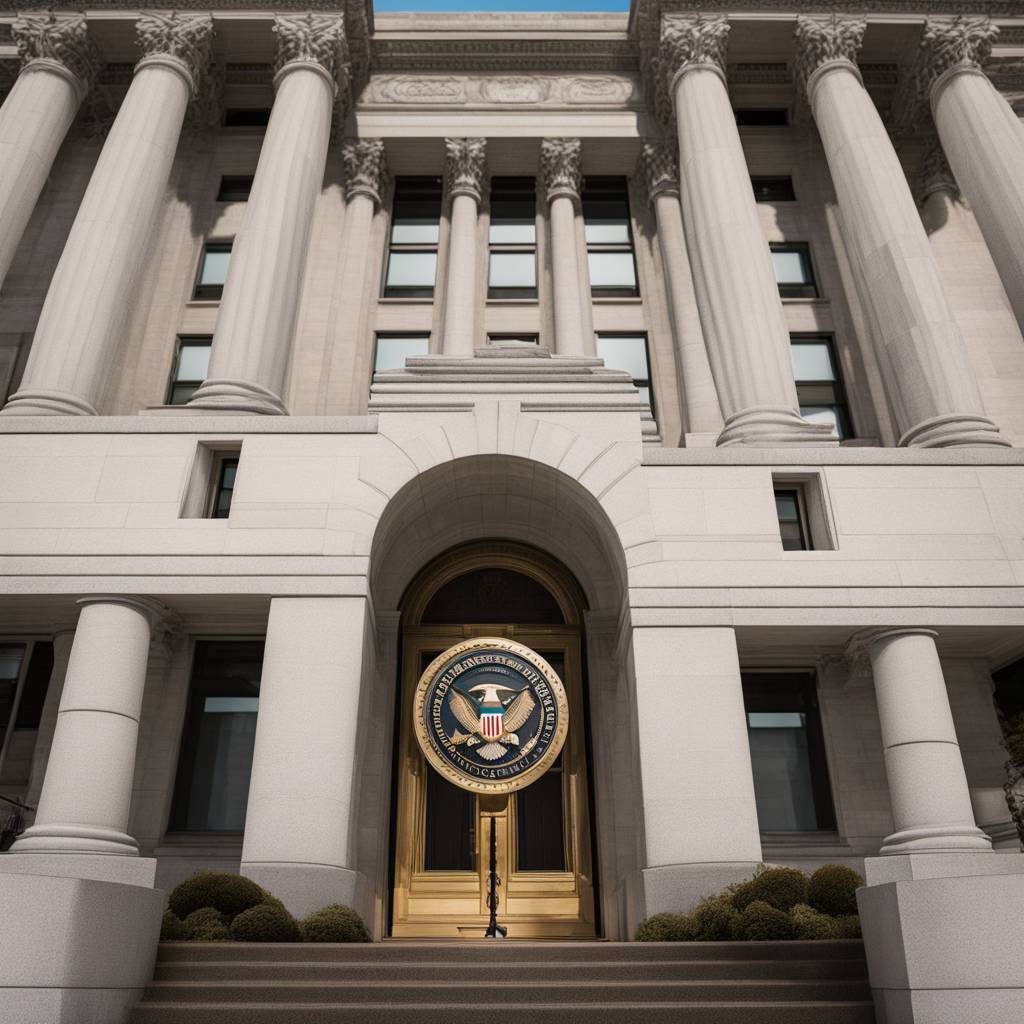Federal prosecutors are urging the Supreme Court to reject Donald Trump’s claim of immunity from prosecution for his actions on January 6, 2021, during his coup attempt. Special Counsel Jack Smith argued in a 66-page brief that the severity and democracy-damaging nature of the alleged crimes are unique in American history. If the Supreme Court agrees, Trump could go to trial before the November election, where he is the presumptive Republican Party nominee. Trump is charged with conspiring to defraud the United States, conspiring to obstruct an official proceeding, obstructing an official proceeding, and conspiring to deprive millions of Americans of their right to have their votes counted.
Trump’s actions on January 6, 2021, led to the injury of over 140 police officers and the deaths of several, including one who died hours later and four who took their own lives in the following weeks. Trump initially disavowed the violence but has since glorified those charged with assaulting police. His lawyers argued that lack of previous prosecutions against former presidents is evidence that Trump should not be prosecuted. However, Smith and his Department of Justice team ridiculed these arguments, stating that safeguards exist to protect former presidents from frivolous prosecutions. They also debunked Trump’s claim that prosecutions against former presidents should only proceed when statutes specifically include presidents in their reach.
In addition to the federal charges related to his coup attempt, Trump is facing other legal troubles. He is facing a Georgia state prosecution for his efforts to overturn his election loss in that state, a second federal prosecution for not turning over documents when he left the White House, and a New York state indictment for falsifying business records to conceal hush money payments. A New York jury last year found Trump liable for sexually abusing writer E. Jean Carroll, with the federal judge clarifying that Trump’s actions constituted rape in the “common modern parlance.”
The severity and uniqueness of Trump’s alleged crimes have led to strong arguments from federal prosecutors for the Supreme Court to reject his claim of immunity. If the court agrees, Trump may face trial before the November election. The charges against him are serious, including conspiracy to defraud the United States and obstruct an official proceeding. Trump’s actions on January 6, 2021, led to the injury of many police officers and tragic deaths. Despite Trump’s attempts to justify his actions, the prosecutors argue that he cannot be immune from prosecution for such severe and democracy-threatening behaviors.
Trump’s legal troubles extend beyond the federal charges related to the Capitol riot. He also faces state prosecutions in Georgia and New York, with charges ranging from efforts to overturn election results to falsifying business records and sexual abuse allegations. Despite his claims of immunity based on the lack of previous prosecutions against former presidents, federal prosecutors maintain that safeguards exist to prevent frivolous prosecutions. The ongoing legal battles highlight the unprecedented nature of Trump’s alleged crimes and the importance of upholding accountability for individuals, regardless of their previous position or status.








